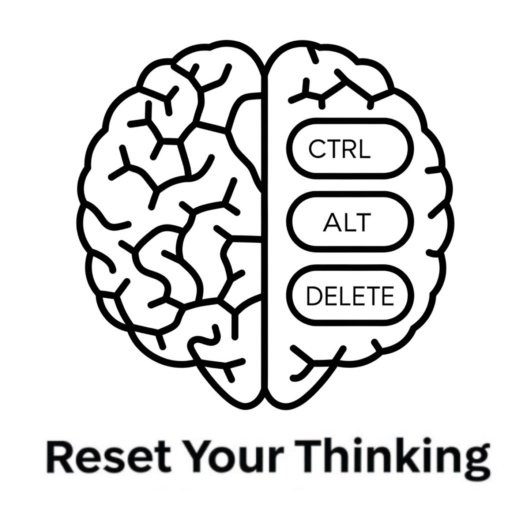This briefing document summarizes the main themes and important ideas presented in the provided excerpts from Daniel H. Pink’s “The Power of Regret.” Pink argues against the popular “no regrets” philosophy, positioning regret as a healthy, universal, and valuable emotion that can clarify, instruct, and ultimately improve our lives. The excerpts introduce the concept of “regret reclaimed,” explore different categories of regret (“foundation,” “boldness,” “moral,” and “connection”), and touch upon strategies for understanding and utilizing regret constructively, such as “undoing,” “at leasting,” self-disclosure, self-compassion, and self-distancing. The text emphasizes that the ability to experience regret is intrinsically human, linked to our capacity for mental time travel and counterfactual thinking, and that understanding our regrets reveals our values and points the way to a better life.
Main Themes and Important Ideas:
1. Reclaiming Regret: Against the “No Regrets” Philosophy:
- Pink challenges the widely embraced idea of living without regrets, labeling it as potentially “bullshit.” He asserts that regret is not a negative deviation but a “healthy and universal, an integral part of being human.”
- He cites the prevalence of the “no regrets” sentiment in popular culture, from songs to self-help books and tattoos, even noting the ironic misspelling in some “No Ragrets” tattoos, referencing the movie “We’re the Millers.”
- Pink argues that our capacity to feel bad, including regret, has evolutionary advantages, suggesting that early “lesser-brained sisters and brothers wouldn’t be here today if we lacked the capacity, occasionally but systematically, to feel bad.”
- He positions the book as an effort to “reclaim regret as an indispensable emotion—and to show you how to use its many strengths to make better decisions, perform better at work and school, and bring greater meaning to your life.”
2. The Nature of Regret:
- Pink notes the difficulty in defining regret, describing it as “the stomach-churning feeling that the present would be better and the future brighter if only you hadn’t chosen so poorly, decided so wrongly, or acted so stupidly in the past.”
- He highlights that regret arises from a “comparison between the actual outcome and that outcome that would have occurred had the circumstances been different.” This involves our uniquely human abilities to mentally visit the past and imagine alternative scenarios.
- The inability to experience regret is linked to certain neurological and psychiatric conditions, suggesting its fundamental role in human cognition and decision-making. “Such deficits are so pronounced in so many psychiatric and neurological diseases that physicians now use this [ability to comprehend or experience regret] as a diagnostic clue.”
3. The Value of Regret:
- Pink argues that “regret is also valuable. It clarifies. It instructs.” He suggests that when handled properly, regret “needn’t drag us down; it can lift us up.”
- He provides examples of how contemplating past regrets can lead to better future decisions, citing studies where negotiators who considered what they hadn’t done previously were able to find more successful outcomes. “The very act of contemplating what they hadn’t done previously widened the possibilities of what they could do next and provided a script for future interactions.”
- Regret can improve “decision hygiene” by slowing us down, encouraging us to collect more information and consider a wider range of options.
4. Categories of Regret:
- Pink introduces several categories of “deep structure regrets” identified through his research, including:
- Foundation Regrets: These “begin with an irresistible lure and end with an inexorable logic.” They often involve failures of prudence and responsibility, where individuals regret not laying “the best foundation to succeed in life.” Examples include not saving money, not taking health seriously (“I regret I smoked so much in my life…”), or not taking mental health seriously (“I regret that I didn’t take my mental health seriously in my twenties…”). These are often linked to the words “too much.”
- Boldness Regrets: These stem from “the thwarted possibility of growth. The failure to become the person—happier, braver, more evolved—one could have been. The failure to accomplish a few important goals within the limited span of a single life.” They are often regrets of inaction (“Inaction. Not asking the girl out, not starting the business sooner…”). Pink quotes Ogden Nash on this: “It is the sin of omission, the second kind of sin, That lays eggs under your skin.”
- Moral Regrets: These involve actions that violate one’s sense of right and wrong (“Deceit. Infidelity. Theft. Betrayal. Sacrilege.”). While often fewer in number, they are intensely painful and collectively significant, suggesting a deep human “desire to be good.” The lesson is: “when in doubt, do the right thing.”
- Connection Regrets: These center on frayed or broken relationships. A study concluded that “regrets about social relationships are felt more deeply than other types of regrets because they threaten our sense of belonging.” These can involve lost friendships due to neglect or unresolved conflicts (“I really screwed up by letting my close friendship with Jen come apart and then doing nothing to fix it”).
5. Responding to Regret Constructively:
- Pink outlines a three-step process for dealing with regrets:
- Undo It: For action regrets, this involves trying to “make amends, reverse our choices, or erase the consequences.” Examples include apologizing or making restitution.
- At Least It: For action regrets that cannot be undone, this involves finding the “silver lining” by considering how the situation could have been worse (“At least I met my wife”).
- Disclose, Compassion, and Distance: This involves self-disclosure (reliving and relieving the regret), reframing the regret with self-compassion (recognizing its universality and not letting it define you), and self-distancing (analyzing the regret from a neutral perspective, sometimes using third-person language).
- He emphasizes that “when feeling is for thinking, and thinking is for doing, regret is for making us better.” The key is to treat regret as information that can guide future behavior and decisions.
6. Anticipating Regret:
- Pink discusses the power of “anticipated regret” in influencing our choices, noting that the same neural circuitry is used for both experiencing and anticipating regret.
- While it can be a useful tool, he warns that “as a universal drug, anticipated regret has a few dangerous side effects,” such as decision paralysis, risk aversion, and the “first instinct fallacy” (overthinking and changing a correct initial answer).
7. Regret as a Guide to Values:
- Pink concludes by suggesting that “if we know what we truly regret, we know what we truly value.” Understanding our regrets can illuminate what is important to us and help us live more aligned lives.
Key Quotes:
- “Though we would like to live without regrets, and sometimes proudly insist that we have none, this is not really possible, if only because we are mortal.” (James Baldwin, quoted at the beginning of Part One)
- “Regret is not dangerous or abnormal, a deviation from the steady path to happiness. It is healthy and universal, an integral part of being human. Regret is also valuable. It clarifies. It instructs. Done right, it needn’t drag us down; it can lift us up.”
- “Foundation regrets begin with an irresistible lure and end with an inexorable logic.”
- “At the heart of all boldness regrets is the thwarted possibility of growth.”
- “Deceit. Infidelity. Theft. Betrayal. Sacrilege. Sometimes the moral regrets…”
- “Regrets about social relationships are felt more deeply than other types of regrets because they threaten our sense of belonging.”
- “As a universal drug, anticipated regret has a few dangerous side effects.”
- “If we know what we truly regret, we know what we truly value.”
Conclusion:
The excerpts from “The Power of Regret” present a compelling argument for embracing regret as a fundamental and beneficial human emotion. By understanding the different types of regrets, their origins, and healthy ways to process them, individuals can harness the power of regret to learn from the past, make better decisions in the present, and ultimately lead more meaningful lives. Pink’s work encourages a shift in perspective from fearing regret to recognizing its inherent value in the human experience.
RYT Podcast is a passion product of Tyler Smith, an EOS® Implementer (more at IssueSolving.com). All Podcasts are derivative works created by AI from publicly available sources. Copyright 2025 All Rights Reserved.

